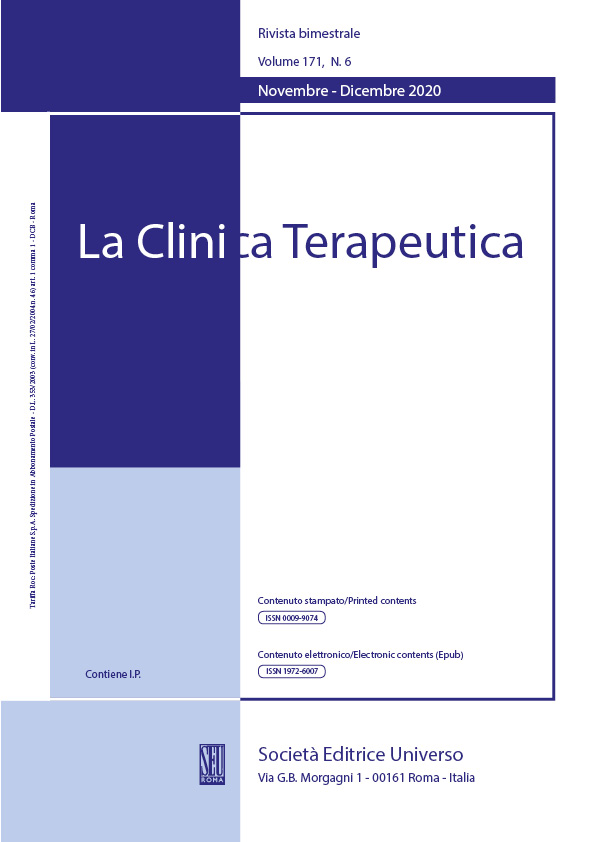Abstract
Proximal femoral fractures (PFFs) are among the main causes of hospitalization of elderly patients. They are often challenging to manage at the perioperative stage, which is why appropriate monitoring is recommended in order to prevent and - whenever possible - avoid the occurrence of foreseeable complications (infections, bedsores, bronchopneumonia, psychicological deterioration and worsening general conditions), reduce the mortality rate, facilitate functional recovery and restore the patient’s ability to walk and return to everyday life and to a normal family context. PFFs constitute a major adverse event for elderly patients, often over eighty and with possible issues arising from a substantially unstable and deficient biological balance, with negative repercussions on the quality of life, longer hospitalization times and higher healthcare costs. The COVID-19 pandemic has severely impacted the healthcare systems of virtually all world countries, giving rise to serious operational management difficulties (e.g. surgical staff shortages, less availability of surgical facilities, reassignment of surgical staff to other tasks, the need to convert facilities into intensive care units and dedicated COVID + operating rooms, reconfiguration of pathways and procedures with longer anesthesiological and surgical preparation times, environmental sanitation, etc.). All such factors have prolonged the waiting time for surgery, with higher complications rate, especially in fragile patients. It is essential to operate a timely multidisciplinary approach for PFF patients, who must be treated surgically as soon as possible, in order to limit the risk of secondary complications due to prolonged bed rest and facilitate a rapid functional recovery.
